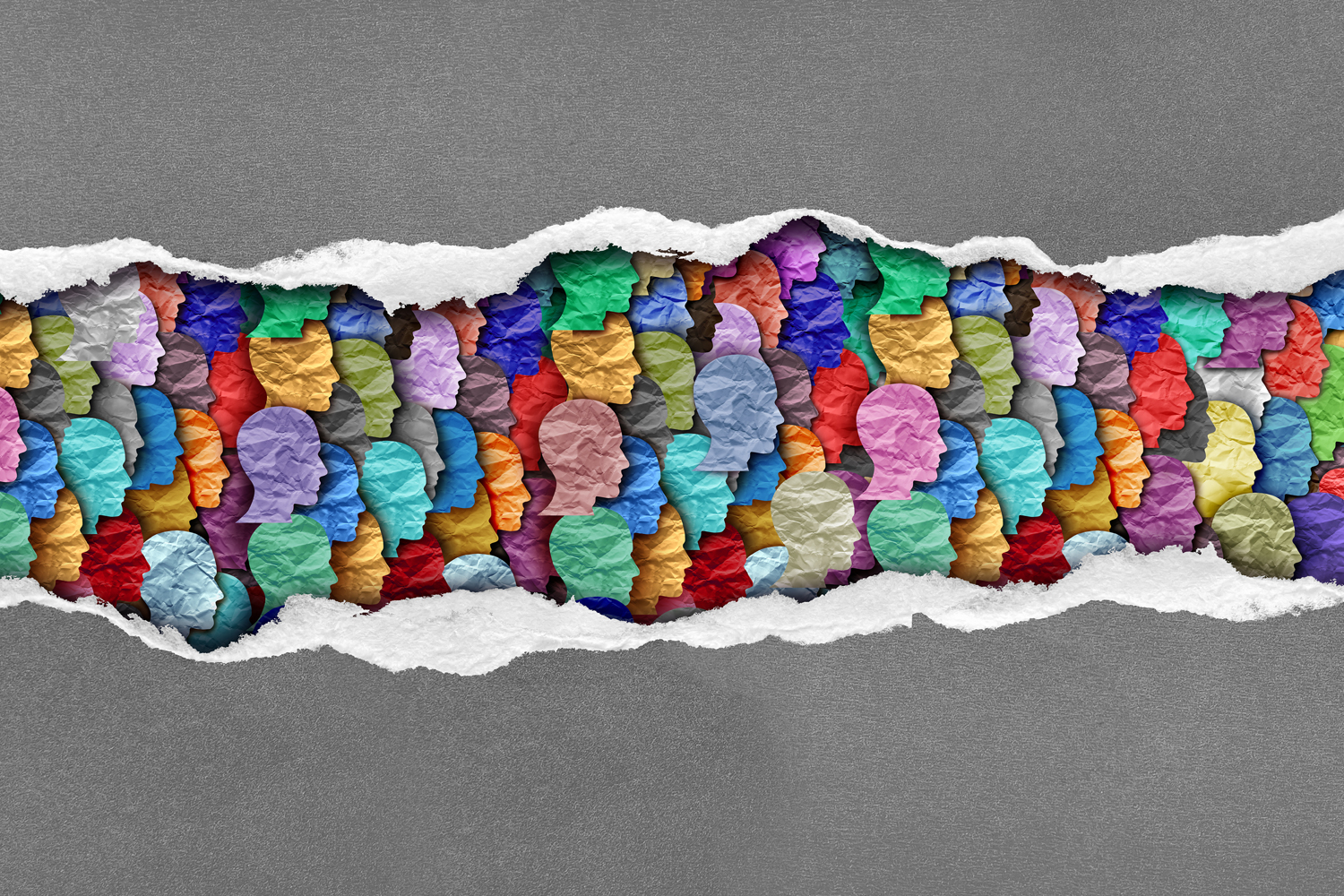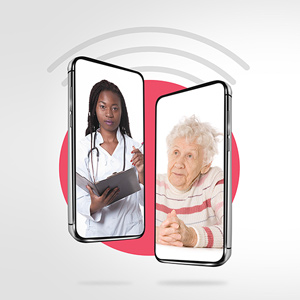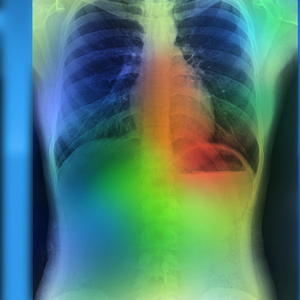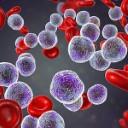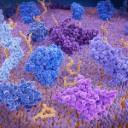-
Cancer Care’s Virtual Revolution
The pandemic has made telehealth a necessity for many cancer patients. When the crisis clears, these technological tools may improve cancer care in the long term.
by Stephen Ornes
-
From the Editor-in-Chief
Cancer in Adolescents and Young AdultsPatients in this age group have particular needs, and cancer centers are beginning to tailor programs for them.
by William G. Nelson, MD, PhD
-
Forward Look
Making Cancer Clinical Trials More InclusiveDespite efforts by policymakers, a gender gap persists in clinical trial participation.
by Lindsey Konkel
-
Forward Look
New Therapies for Metastatic Lung CancerSeveral targeted drugs were approved in 2020 to treat the most common type of lung cancer.
by Ashley P. Taylor
-
Forward Look
Immunotherapy Shows Promise for Treating Brain MetastasesTreatments capable of crossing the blood-brain barrier provide new options for patients whose cancer has spread to the brain.
by Bradley Jones
-
Immunotherapy Indications Withdrawn
In recent months, drugmakers have announced they are withdrawing indications for four immune checkpoint inhibitors in consultation with the Food and Drug Administration. What does this mean for patients who are taking these drugs?
by Anna Goshua
-
A Drive for Diversity
African Americans are underrepresented in the Be The Match bone marrow donor registry. Patient advocates are working to change that.
by Jon Kelvey
-
February 26: The Week in Cancer News
Nonprofits provide support to young cancer patients in need of fertility preservation, and a childhood cancer survivor joins the first all-civilian mission to space.
by Bradley Jones
-
Patient Advocates Tune in for Precision Medicine Primer
Scientists and physicians discussed advances in targeted therapies and immunotherapies, as well as the lessons COVID-19 research has taught to cancer researchers.
by Kevin McLaughlin
-
Immunotherapy Options for Breast Cancer
Two immune checkpoint inhibitors are now approved for treatment of some people with advanced breast cancer, but trial results have raised some questions.
by Anna Goshua
Cancer Talk
The Power of Comedy
In a new play, the pain of cancer can be a chance to laugh.
by Ashley P. Taylor
Melanoma Risk in Childhood Cancer SurvivorsPeople treated for childhood cancer found to have twice the risk of developing melanoma as an adult.
by Cameron Walker
Online Second OpinionsMore than half of patients who participated in a program offering online second opinions were recommended a change to their treatment plan.
by Eric Fitzsimmons
Musical Toxicity an Effect of Cancer TreatmentStudy finding cancer treatment affects ability to play or sing music highlights need for physical therapy, experts say.
by Kyle Bagenstose

